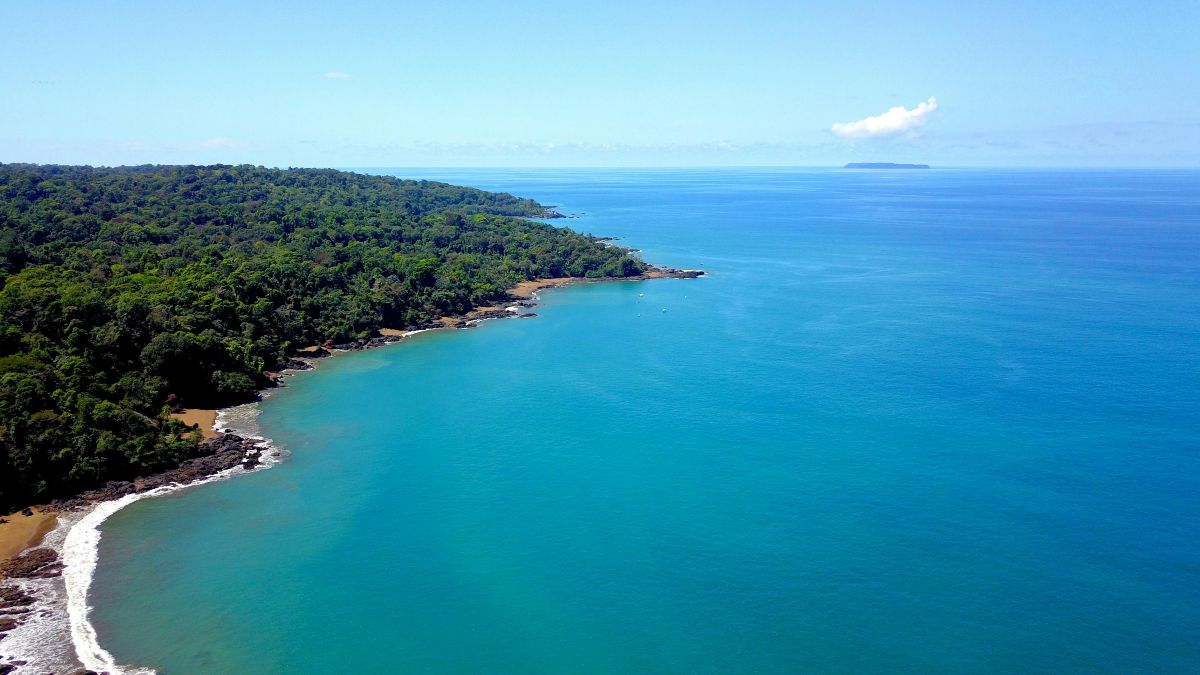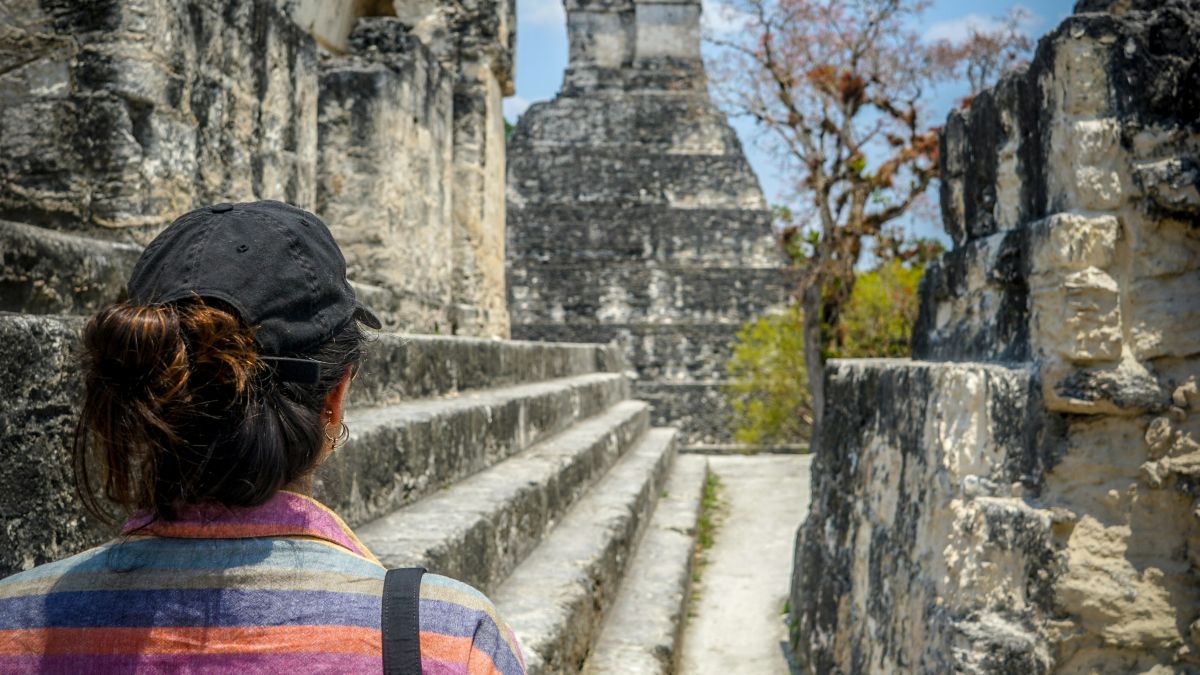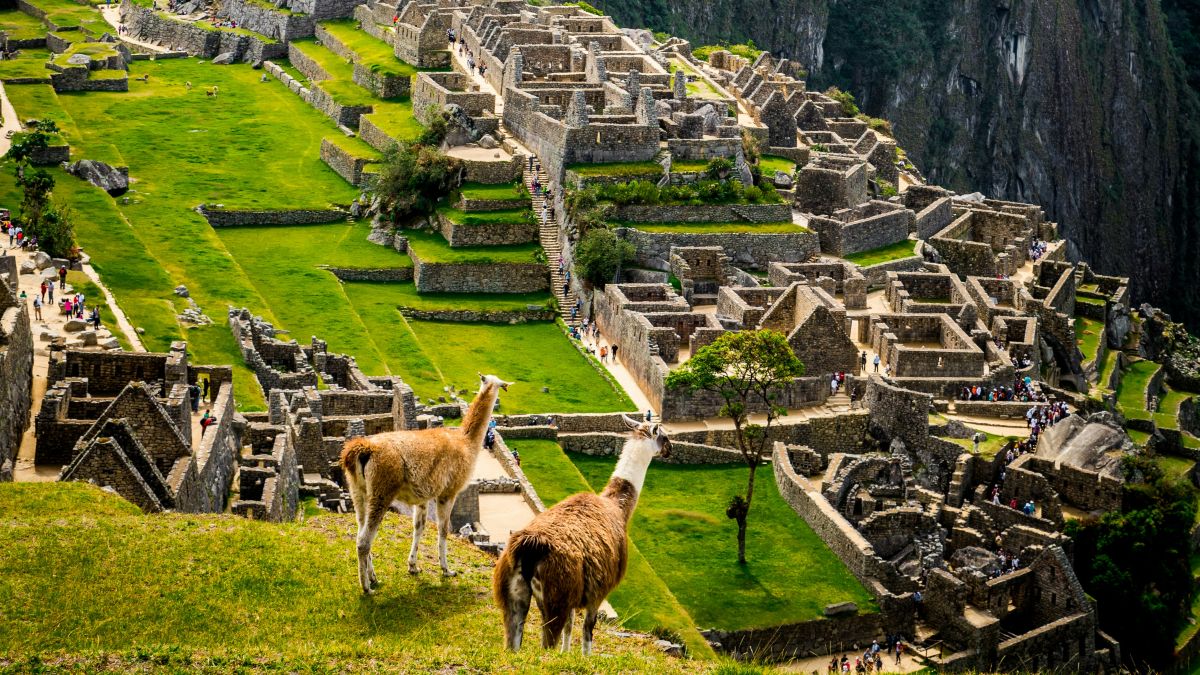President Rodrigo Chaves finally signs the long-awaited Costa Rica digital nomad bill into law with moderations to make it easier for remote workers to apply.
The long awaited Costa Rica digital nomad visa is now ready, almost a year after then-President Carlos Alvarado first signed it into law in August 2021.
But Alvarado’s signing didn’t make the law a reality straight away. After he signed the bill in August, it needed the finer details added.
En Casa Presidencial, el presidente de la República @RodrigoChavesR firmó el reglamento que da condiciones más sencillas para los nómadas digitales. Bienvenidos trabajadores #Trabajandodecidiendomejorando pic.twitter.com/to6heEDjiC
— Casa Presidencial 🇨🇷 (@presidenciacr) July 4, 2022
And there, things became sticky.
The government gave itself a couple of months to sort out said fine details, expecting it to be ready by November of last year. That never happened though, as various ministries became tangled up in disagreements about how to proceed.
November came and went, with no progress. Then, in May, the Alvarado administration itself left office. Before that, the creator of the legislation, Carlos Ricardo Benavides, lamented the hold up. He said the regulations the government wanted would make the bill meaningless, and not attract remote workers.
“This administration has insisted on proposing regulations that don’t work and hinder,” said Benavides.
Diputado señala que borrador del reglamento de ley de nómadas digitales es deficiente – https://t.co/TavZBpE3s1
— CRHoy.com (@crhoycom) March 23, 2022
Tourism authorities agreed.
“The apostille process takes several weeks, so we feel the regulation goes the opposite way of facilitating. It goes in the way of making it difficult,” said Canatur president Ruben Acón in March.
“The regulation has to be improved if we want digital nomads to come. It’s an issue that sometimes happens – the law goes in one direction and the regulation in another, as in this case, which goes in the opposite direction to the spirit of the law,” he said.
Fast forward from March to July, and the new Chaves administration seems to have resolved the issues of excessive regulations regarding the bill by scrapping many of them.
This morning, President Rodrigo Chaves finally made the digital nomad bill reality in a signing ceremony.
During the ceremony, President Chaves said his administration had managed to do in three weeks what the Alvarado administration couldn’t do in ten months.
“The unnecessary regulations destroyed [the bill’s] value,” said the president.
Una excelente noticia! Felicitaciones a las autoridades involucradas con su impulso y redacción. Esperamos que se publique un reglamento eficaz y acorde con los objetivos de la ley. #NómadasDigitales #Turismo https://t.co/NxY4auuEBq
— Carlos Ricardo Benavides (@CRBenavidesJ) June 24, 2022
Remote workers can now get their application done online. And, according to the Department of Immigration, approved within two weeks.
The bill allows remote workers and digital nomads to stay in Costa Rica for up to a year and to extend another year if they wish. They need to have a monthly income of at least $3,000 per month ($4,000 for families) to be eligible.
They will be exempt from paying income tax or any duties on any equipment they need to do their work (computers, etc.)
The new bill also scraps the need for applicants to present a criminal record certificate.
Speaking today, Benavides said the law will make a big difference in the arrival of long-stay tourists. It would also increase the possibilities for development and employment in tourist regions.
The full, finalized bill will appear in La Gazeta in the coming days. At that point it will come into force and remote workers can start applying.
Costa Rica is now the second country – alongside Panama – in Central America with a remote visa. And we know we’ve said these exact words before… but this time it’s real!
So how does one become a Costa Rica digital nomad under the new law?
The first step is to register at the Department of Immigration’s Tramite ¡YA! website (in English and Spanish) and enter the required information. This info pertains to your name and date of birth, your dependents (if applicable) names/dates of birth, nationality, and so on. You’ll be required here to provide some proof of who you work for (it can be yourself) and how much you earn.
After this, the Costa Rica has two weeks (15 working days, so it’s more like three weeks) to accept or reject your application. Before that, they allow themselves another five days to check if your application is filled in correctly. So in reality, look at a month. If they accept your application, it’s time to get your documents translated and come to Costa Rica.
Once in Costa Rica, you have three months to show up in person at the immigration department with your officially translated documents. These documents mainly pertain to your proof of income – $3,000 per month minimum for the past year ($4,000 per month if you’re bringing dependents). You can get these documents translated in Costa Rica if you wish – you have three months from arrival to do so and make your appointment with Immigration.
The other documents you need are your passport, proof of health insurance for at least a year (covering a minimum of $500,000), and the required processing fees ($190) to pay. You’ll also need a signed, translated affidavit demonstrating the authenticity of your application.
And then you’re good to go! As long as you have the correct paperwork, the whole thing should be quite painless – some online form-filling, some document translation, and a single, face-to-face appointment.
We’ll check and see if it’s all as quick as they say, but if it is, then welcome to your new digital nomad life in Costa Rica!



